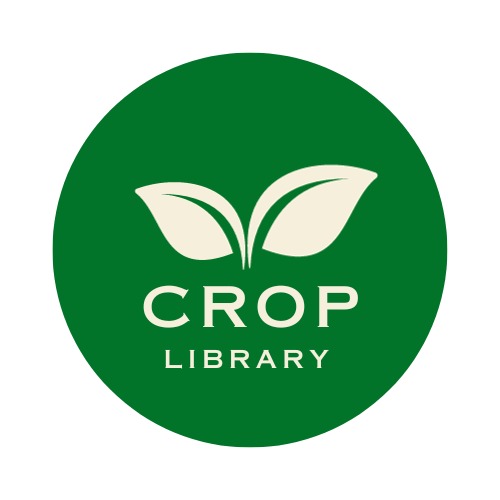Unlocking the Science of Farming for a Better Tomorrow
Welcome to AgriSphere: Your hub for farming knowledge, academic insights, and innovative research. Discover sustainable practices, learn about agricultural studies, and explore solutions shaping the future of farming.

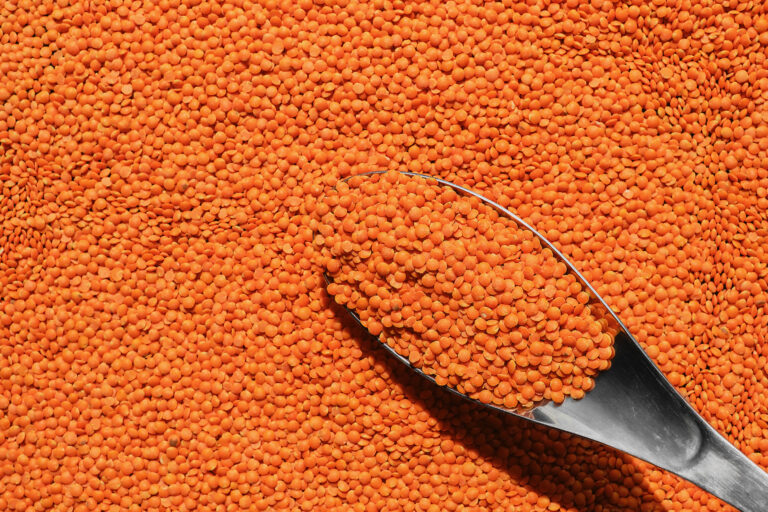
Lentil Farming Profit Per Acre
Lentil Farming Lentil (Lens culinaris) is a cool-season, protein-rich pulse crop valued for its drought tolerance and role in crop rotation (fixing nitrogen). Understanding the
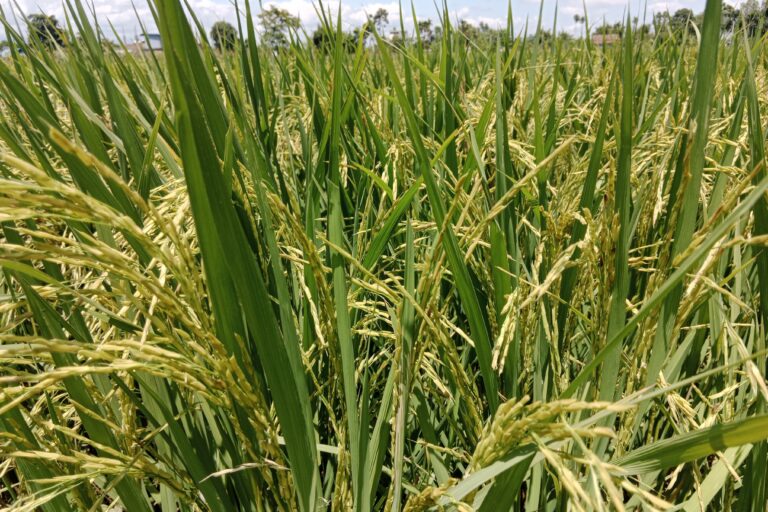
Suwashi Rice Cultivation Unlocks New Income Opportunities for Farmers in Koshi Province.
In recent years, Nepalese farmers have begun reaping significant financial rewards from cultivating a special type of aromatic rice known as the Suwashi rice. Once
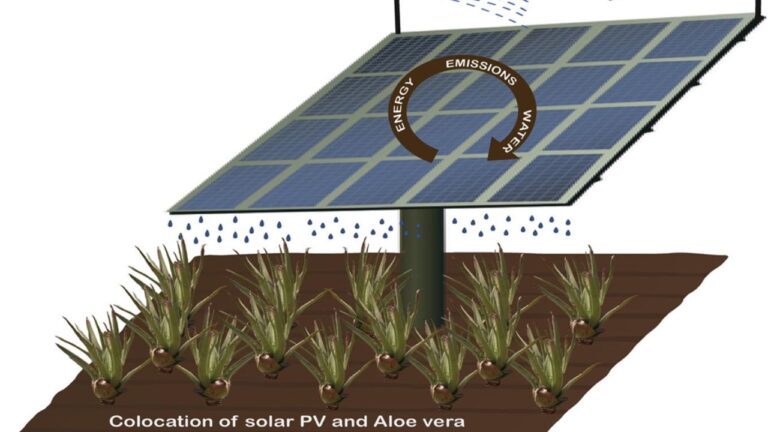
Agrivoltaics Crop Production
INTRODUCTION The global challenges of climate change, energy scarcity, and food security necessitate innovative solutions that optimize resource utilization while minimizing environmental impacts. Agrivoltaics crop
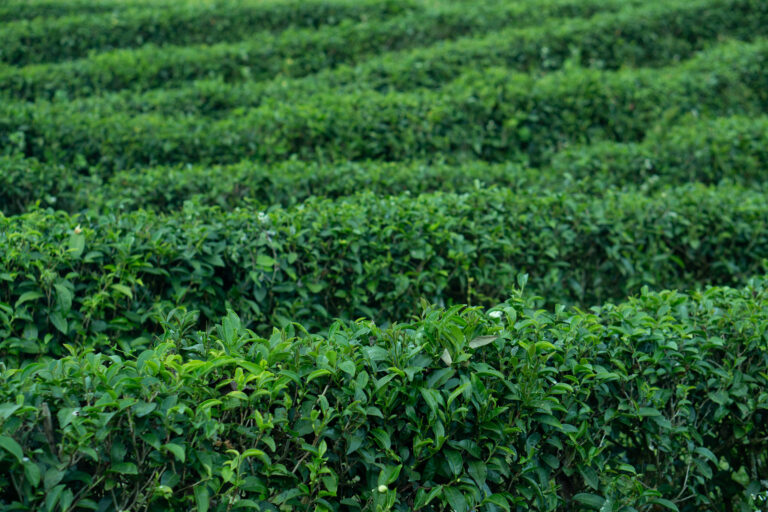
Tea Farming Profit Per Acre
Tea Farming Tea farming is a highly profitable venture with strategic long-term planning, offering substantial returns on investment, particularly in terms of tea farming profit
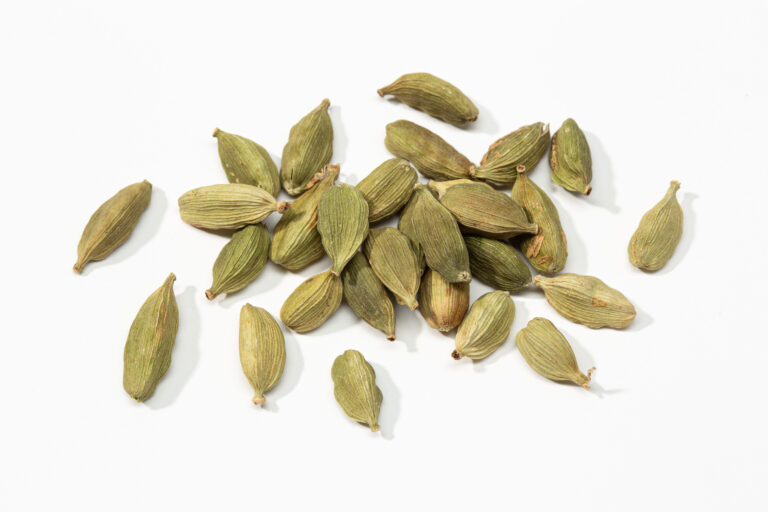
Cardamom Farming Profit Per Acre
Cardamom Farming An analysis of Cardamom farming profit per acre reveals highly attractive financial returns. Key metrics show a total net profit of NRs. 11,630,000
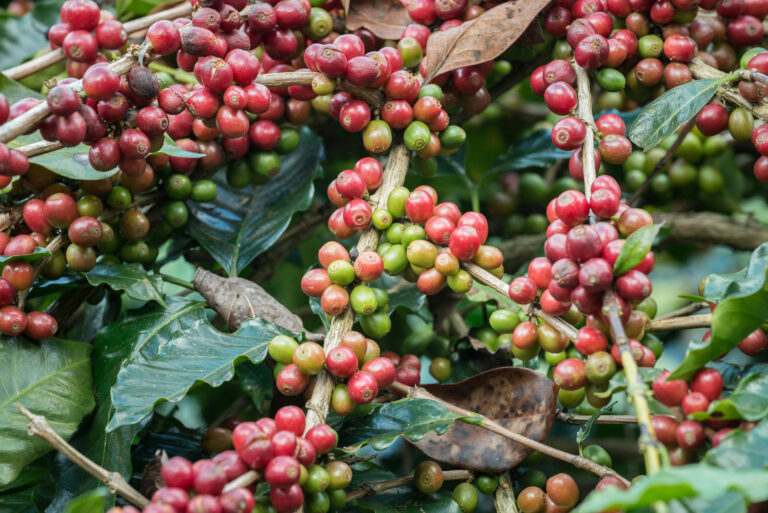
Coffee Farming Profit Per Acre
Coffee Farming Understanding the long-term coffee farming profit per acre is essential for Arabica growers. This variety requires an initial investment of NRs 340,000 for
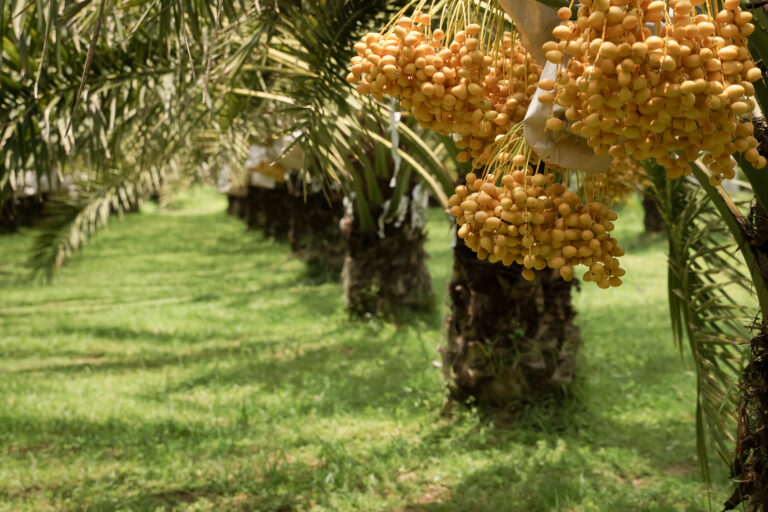
Date Palm Farming Profit Per Acre
Date Farming Date palm farming profit per acre demonstrates significant potential over the crop’s 100-year lifespan, with cumulative income far surpassing cultivation costs. The total

Marigold Farming Profit Per Acre
Marigold Farming In marigold farming, profitability can vary significantly depending on the variety cultivated. For African Marigold, the total income generated per acre is NRs

Rose Farming Profit Per Acre
Rose Farming The profitability analysis of rose farming per acre for the first-year highlights promising financial returns. With a total revenue of NRs 500,000, generated
